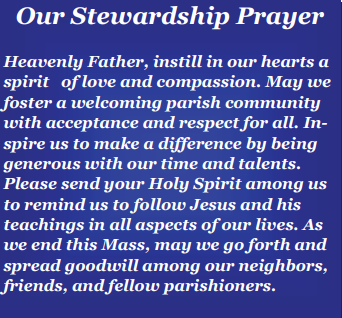Supposedly it goes with aging – forgetting where something is – not remembering where you last saw/used or placed an item. While I resist that as an exclusive characteristic of someone over ’60, I have to admit some truth to the theorem. Losing one’s keys seems the most annoying, perhaps only bested by misplacing a cell phone.
Most of us can identify with the emotion of discovering something is lost – seems like it happens just when we need it ..! And can you recall how you feel when the object is found, especially if the search has gone on for a bit and others have been helping? The relief is huge.
But there are other kinds of losses we all know about: jobs, homes, friendships, money, health, agility, independence, even freedom that may not be resolved as we may hope. Truth is, life includes many moments when we face loss, and some are devastating. Sometimes our losses, big and small, can nurture a self pity and that can lead to magnify the loss in our lives.
One common response to certain types of loss is, “Why?” We search for answers and we often seek to find out whom or what is to blame for the loss. And often enough the answer is elusive and our anger is directed to God: “Why did
God let this happen to ME?” This course may cause us to turn away from the very One who seeks to comfort, sustain and direct us in times of trial.
So how do we live with loss? The movement of life is only in one direction – there is no going back. The pain of loss and change can break us or can open us to a new way of being. Instead of asking “Why”, in faith, one can ask “What”:
“What does God want me to do now? What can I do to move forward? What can I learn from this loss?”
I recall being at a very low point in my life, struggling with change and loss. I wandered into a bookstore and was browsing around. There was a display of book marks, little plastic strips printed with a quote or saying. One read, “The
will of God will never lead you where the Grace of God will not sustain you”. I bought that book mark and took great comfort in that truth. I needed to accept the loss and changes and seek to move forward, to learn, to grow, to adapt and to trust.
Marion Howard once wrote: “Life is like a blanket too short. You pull it up and your toes rebel, you yank it down and shivers meander about your shoulder; but cheerful folks manage to draw their knees up and pass a very comfortable
night”. God gives to each of us whatever we need to live through the losses of our lives. When we believe that, actually trust that truth, then the loss can yield something to be found.
Maybe Charles Schultz is right when he says: “Life is like a ten-speed bicycle. Most of us have gears we never use”. Indeed, we need to try out the other gears – they are there to be used and when we do, we may find a speed that really works very well for us.
Friends, the God who made us, who knows us better than we know ourselves and whose love for us is constant and unconditional will never abandon us. As we go forward with the losses and the finds of our life, look around. There is
some new insight and experience awaiting, and God is behind us all the way.
~ Fr. Ronan ~

Sixteenth Sunday Ordinary Time
July 17/18, 2021
The Letter to the Ephesians reminds us that Christ is creating a new world order:
one that brings about relationships based on love, peace, reconciliation, hope and unity.
As a Eucharistic community, we are stewards of Christ’s new creation.
How are we promoting peace and reconciliation?
How are we showing love for our neighbors?
What are we doing to encourage unity and understanding among those with whom we gather around the Lord’s Table each week?
